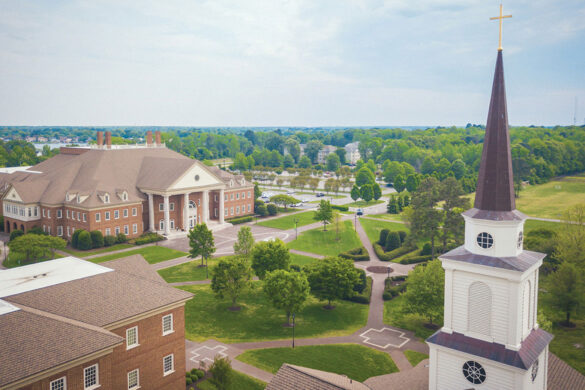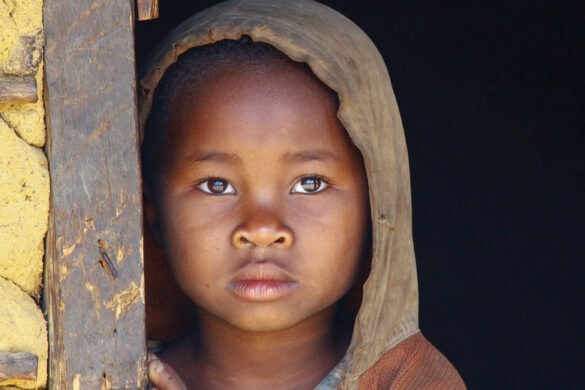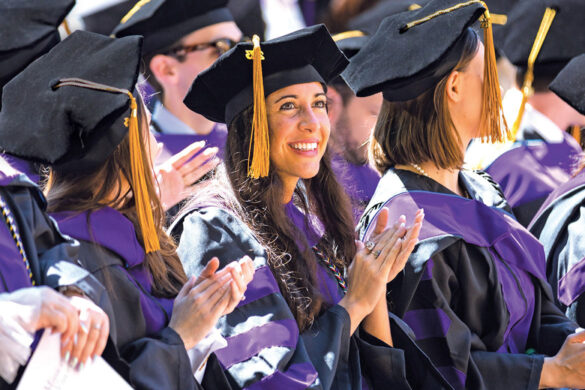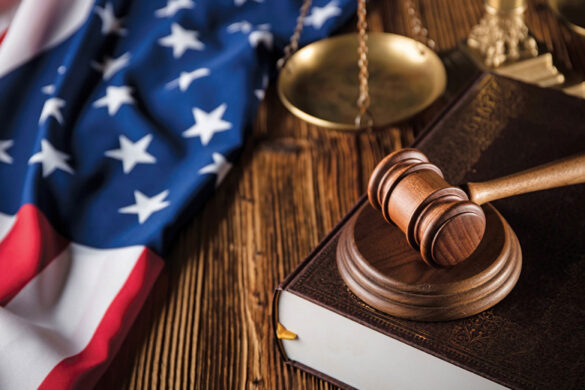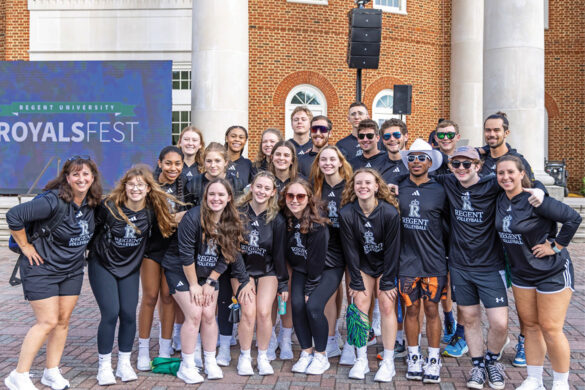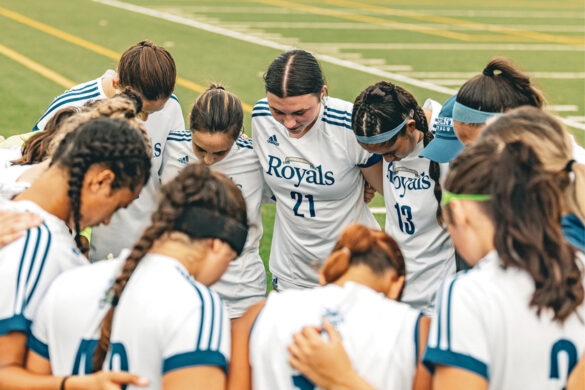All persons are made in God’s image and likeness (Genesis 1:26-28)—this is the foundational affirmation of human dignity, true of everyone at all times.
This key truth about man’s unique value also implies that our primary duty is to our Creator, not to any government or human authority, and means that religious liberty is essential—all of us deserve to be able to believe and practice the faith of his or her choosing.
Yet, throughout history, religious persecution has been more the norm than the exception. For example, when Peter and the other early followers of Jesus were commanded by the religious authorities of the day to no longer speak of their Lord and Messiah, Peter responded, “We must obey God rather than men” (Acts 5:29). Martyrdom followed for many first century believers.
We’ve seen this repeatedly in recent decades. Religious persecution has become commonplace, not only of Christians but of those of other faiths who refuse to bend their knee to either government coercion or another religion’s demands.
Yet there’s another reason religious liberty is vital: It is connected directly to the economic health of societies throughout the world. Economic prosperity begins to flourish when people are free to follow their faith. The United States is perhaps the greatest case in point. Our religious freedom has combined with the economic opportunity to encourage creativity, resource development, and tremendous economic strength.
In contrast, a nation like North Korea, where religious practice is brutally curtailed, is a nation enmeshed in economic collapse. When human dignity is debased, it is axiomatic that economic health will be weak.
This conclusion animates a recent report published jointly by Regent’s Robertson School of Government (RSG) and the Family Research Council’s (FRC) Center for Religious Liberty. Authored by Dr. A.J. Nolte, assistant professor of politics and chair of RSG’s new Master of Arts in International Development, and Arielle Del Turco, assistant director of FRC’s Center for Religious Liberty and a graduate of both Regent University and RSG, the study is titled, “Why International Religious Freedom Is Vital to International Development: Causal Connections and Policy Recommendations”
(www.regent.edu/faith-freedom/).
The report’s purpose was to evaluate how funding was provided under the Frank R. Wolf International Religious Freedom Act of 2016 and a 2020 Executive Order issued by former President Trump. At least $50 million per fiscal year has been designated for “programs that advance international religious freedom.” This funding, “combined with other initiatives within the U.S. Agency for International Development (USAID) designed to integrate faith-based organizations into U.S. development efforts, merits scrutiny. In other words, is this just another massive expenditure of taxpayer money for a good purpose with little accountability?
The report argues that “religious freedom promotes and preserves religious pluralism in a country, which is strongly linked to a sustained culture of innovation. Having religious freedom, including the freedom to evangelize, fosters certain types of religious competition that have substantial benefits for education, literacy, civil society, and democratization.” Additionally, the study notes that “religious freedom enables religious conversions, which can directly benefit women’s rights.” In fact, Nolte and Del Turco say there is “substantial evidence of the positive role religious communities and faith-based organizations play in promoting sustainable development goals.”
When liberty prospers, political stability and economic well-being increase, this means less international conflict and greater security for individual nations and the regions in which they exist.
Put more simply, where religious liberty flourishes, we see evidence of stronger economies, better educational systems, and advances in human rights. These things are not only valuable in themselves but also promote American interests. When liberty prospers, political stability and economic well-being increase, this means less international conflict and greater security for individual nations and the regions in which they exist.
The study is divided into three sections. First, the authors address what the research tells us about how international religious freedom impacts international development. Second, they discuss how the U.S. government can do a better job of promoting international religious freedom in its international development programs. In other words, as we supply funding to help build stronger economies in the developing world, how can we, with them, cultivate a stronger commitment within those nations to the values of human dignity and religious liberty?
Finally, Nolte and Del Turco consider challenges to the integration of international religious freedom and how they can best be addressed. They include a discussion of “best practices” concerning things currently being undertaken to advance religious liberty while also providing food and other economic assistance. These successful efforts, which the authors urge deepening and continuing, are:
1. Training and education designed to increase awareness and understanding of international religious freedom.
2. Maintenance of key programs, policies, and initiatives from the Trump administration, which have begun to produce good results in the two-pronged effort to advance both economic growth and religious liberty.
3. Practical policy recommendations to improve the future implementation of international religious freedom policy.
Nolte and Del Turco conclude that “integrating international religious freedom into the United States’ international development efforts provides an impactful mechanism by which U.S. development funds can contribute toward fostering religious freedom around the world.”
This hopeful conclusion should encourage Christians not only to pray for our persecuted brethren around the globe but also encourage U.S. policymakers to work not only for the material well-being of other countries but for the liberty of faith that flows from the very way God made us.
Rob Schwarzwalder, senior lecturer at Regent’s Honors College, previously served as senior
vice president of the Family Research Council.
